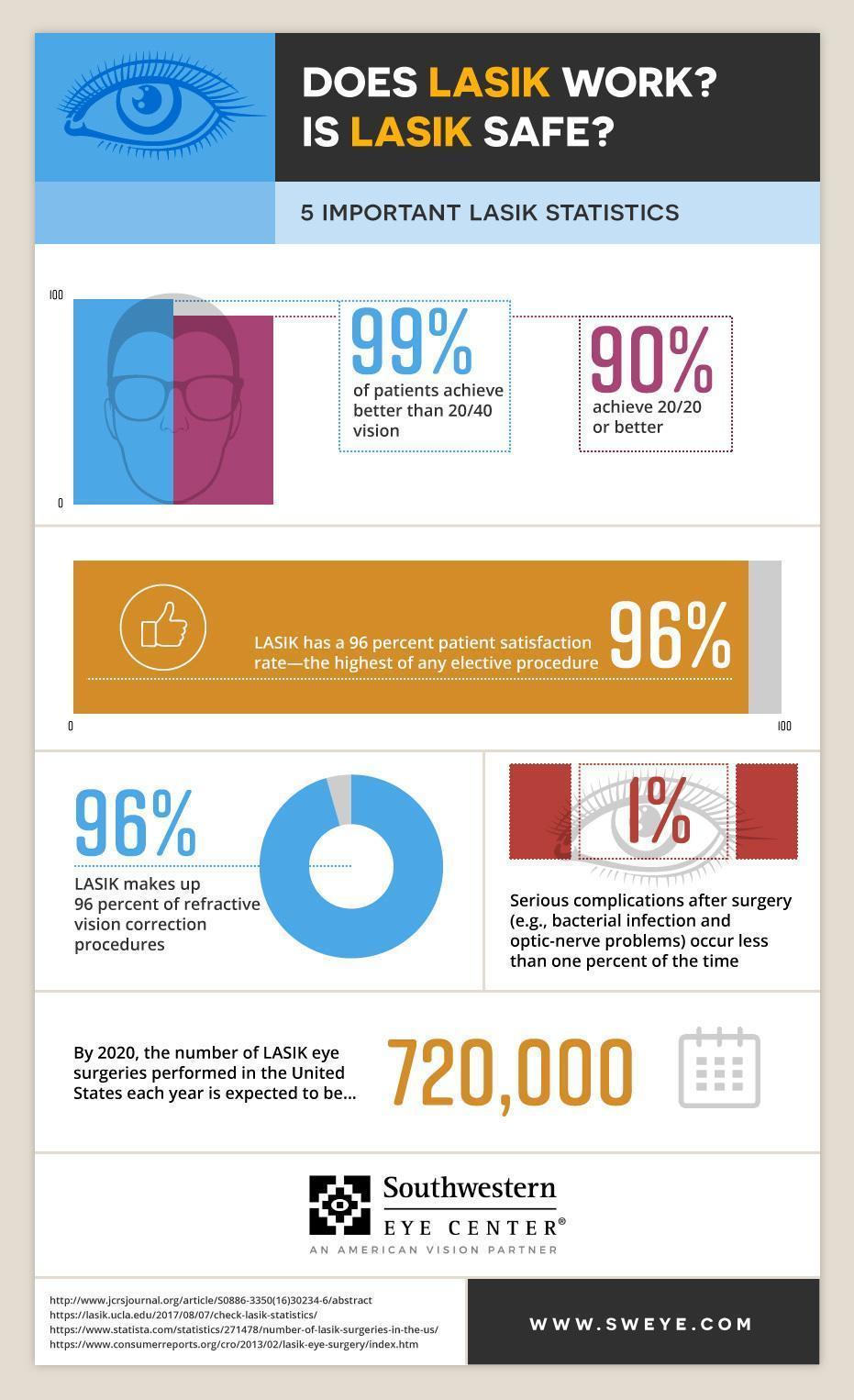Is SMILE Eye Surgical Procedure Suitable For You? Essential Factors And Insights To Take Into Consideration
Is SMILE Eye Surgical Procedure Suitable For You? Essential Factors And Insights To Take Into Consideration
Blog Article
Web Content Author-Mullen Reece
If you're contemplating SMILE eye surgical procedure, consider this: are you prepared to embrace possible aesthetic flexibility, or does the idea of any type of dangers make you think twice? PRK Surgery Time will depend upon a careful balance of weighing the benefits versus the uncertainties. http://christena86elliot.booklikes.com/post/6508508/utilize-way-of-living-adjustments-after-cataract-surgery-to-accomplish-the-most-effective-possible-vision-quality-and-maintain-long-lasting-eye-health to dig deeper into the subtleties of SMILE surgery to make an educated selection that lines up with your visual objectives.
Understanding SMILE Eye Surgical Procedure
When considering SMILE Eye Surgical procedure, it is very important to recognize the procedure and its advantages. SMILE, which means Small Laceration Lenticule Removal, is a minimally invasive laser eye surgery that corrects usual vision troubles like myopia (nearsightedness).
During the procedure, your eye surgeon will make use of a femtosecond laser to develop a tiny cut in your cornea. Via this laceration, a tiny disc of cells called a lenticule is removed, reshaping the cornea and remedying your vision.
Among the vital advantages of SMILE Eye Surgical treatment is its fast recovery time. Several people experience improved vision within a day or 2 after the procedure, with minimal pain.
In addition, SMILE is recognized for its high success rate in providing lasting vision improvement. Unlike LASIK, SMILE does not require the development of a flap in the cornea, reducing the danger of problems and permitting a more secure corneal framework post-surgery.
Understanding the treatment and its advantages is crucial when considering SMILE Eye Surgery for vision adjustment.
Pros and Cons of SMILE
Considering SMILE Eye Surgery for vision improvement includes numerous advantages and potential drawbacks.
One of the major pros of SMILE is its minimally intrusive nature, as it involves a little cut and typically leads to quick recuperation times. The procedure is likewise recognized for causing marginal pain and dry eye signs and symptoms post-surgery contrasted to other vision improvement methods. In addition, SMILE has been shown to provide exceptional visual results, with many clients attaining 20/20 vision or much better.
On the other hand, a possible con of SMILE is that it may not appropriate for individuals with serious refractive mistakes, as the treatment range is somewhat minimal contrasted to LASIK. Another factor to consider is that the understanding curve for cosmetic surgeons applying SMILE can influence the availability of experienced service providers in specific areas.
It is very important to consider these benefits and drawbacks very carefully when making a decision if SMILE is the appropriate option for your vision correction demands.
Determining Qualification for SMILE
To identify if you're eligible for SMILE eye surgical treatment, your ophthalmologist will carry out an extensive analysis of your eye health and wellness and vision needs. Throughout this evaluation, factors such as the stability of your vision prescription, the thickness of your cornea, and the overall health of your eyes will be assessed.
Usually, candidates for SMILE more than 22 years of ages, have a stable vision prescription for at least a year, and have healthy and balanced corneas without problems like keratoconus.
Your optometrist will certainly additionally consider your total eye health and wellness, any type of existing eye conditions, and your way of living needs to establish if SMILE is the best selection for you. It's vital to connect any type of certain aesthetic demands or problems you may have during this assessment to make sure that the treatment straightens with your assumptions.
If you aren't qualified for SMILE, your ophthalmologist may recommend different vision adjustment options that better fit your specific needs and eye health condition.
Conclusion
Inevitably, making a decision whether SMILE eye surgery is right for you needs cautious consideration of your specific eye health and aesthetic demands. Consult with your optometrist to establish your qualification for the procedure and evaluate the prospective advantages and drawbacks. Remember to communicate any type of worries or concerns you might have during the evaluation procedure to make an informed choice regarding your vision modification choices.
